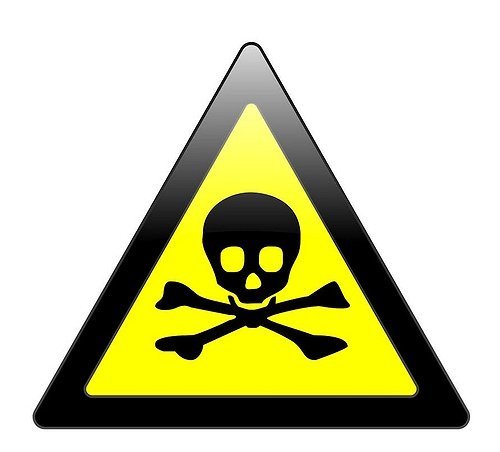Nassau County, NY - October 10th, 2014 - In observation of National Lead Poisoning Prevention Week (NLPPW), October 19th - 25th, Nassau County Executive Edward P. Mangano and County Health Commissioner Dr. Lawrence Eisenstein remind residents that lead poisoning is one of the most preventable childhood health problems. To raise awareness of the consequences of childhood lead poisoning, Nassau County participates in NLPPW and encouraging parents and caregivers to learn more about preventing lead poisoning.
In 2013, over 60 children in Nassau County had elevated blood-lead levels (10 mg/dL). Lead poisoning is a preventable disease that can cause learning disabilities, behavioral problems, and permanent brain damage in young children. Even low lead levels in the blood have been shown to have adverse effects. New York State requires health care providers to test all children for lead with a blood- lead test at age 1 year and again at 2 years, and be assessed annually until age 6 years.
Lead poisoning is caused by swallowing or breathing in lead or lead dust. One of the most common sources of lead poisoning is exposure to pealing lead-based paints found in homes built before 1978. Even if the home has been repainted, repeated rubbing of one painted surface against another, such as opening and closing windows, could cause an exposure to old lead-based paint. Additional sources of lead have been found in imported goods such as toys, cosmetics, foods, spices, herbal remedies, children’s jewelry, candy, pottery, painted china and lead crystal.
The Nassau County Department of Health provides case management services to parents of all children with elevated blood-lead levels and inspects their home homes to identify the cause of the lead poisoning. For information and literature on blood-lead testing and on reducing lead hazards in the home, call the Nassau County Department of Health Lead Poisoning Prevention Program at (516) 227-9665 or visit the Department’s website.
Image by Bartek Ambrozik, via Free Images.










